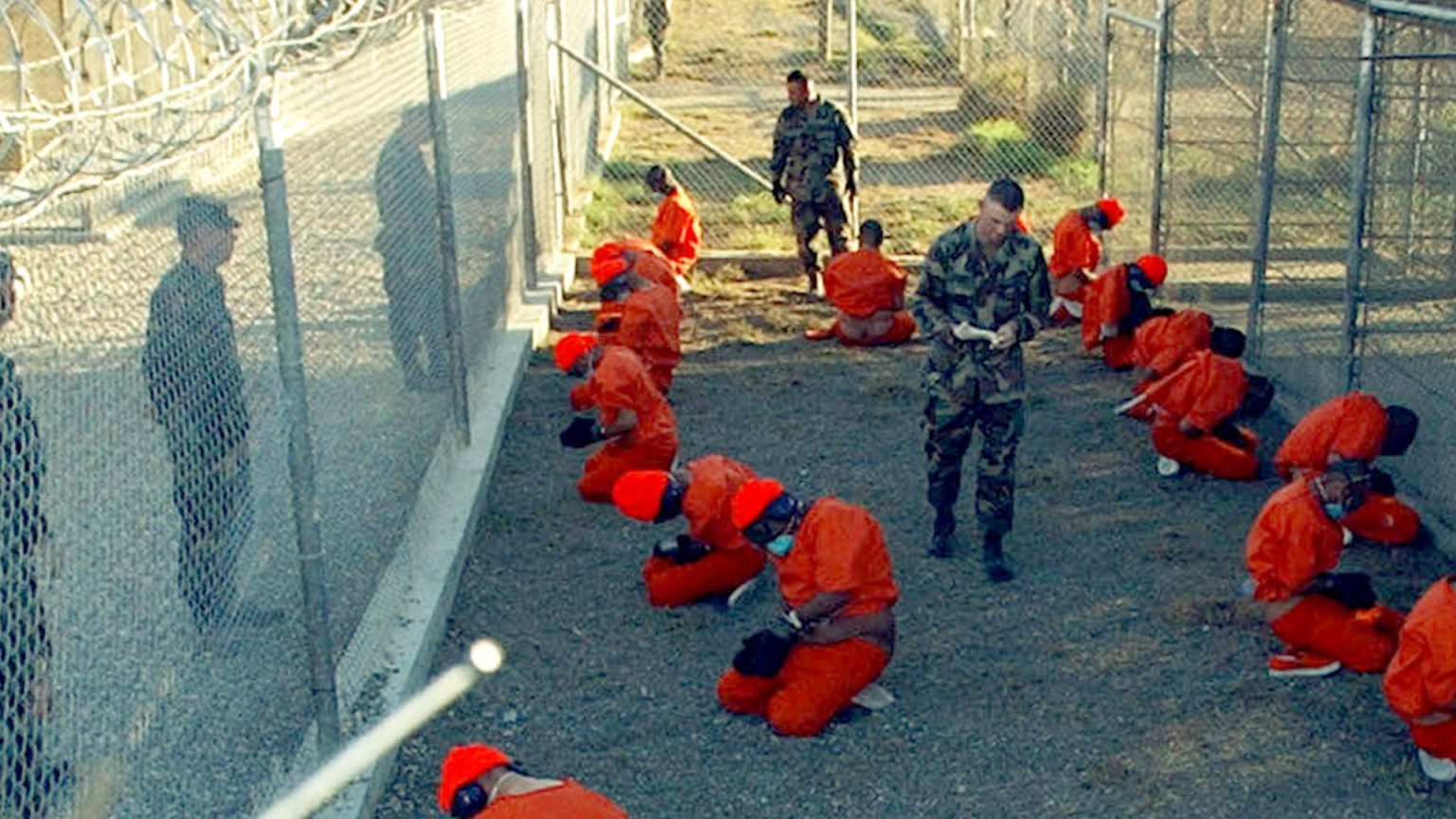The release of Ridah bin Saleh al-Yazidi from Guantanamo Bay after almost 23 years without being charged with a crime is a significant development. The Tunisian detainee was one of the longest-held prisoners at the notorious prison camp, which has faced criticism for its treatment of detainees and lack of due process. Despite being held for over two decades, al-Yazidi was never formally charged with any crime, raising questions about the justification for his lengthy detention.
The decision to release al-Yazidi comes amid ongoing efforts to close the Guantanamo Bay prison camp, which was opened in the aftermath of the 9/11 attacks. The facility has been a source of controversy and criticism for its handling of detainees and alleged human rights abuses. The release of al-Yazidi is likely to reignite calls for the closure of the prison camp and for greater transparency and accountability in the treatment of detainees.
Al-Yazidi’s release highlights the long-standing legal and ethical challenges associated with Guantanamo Bay and the broader issue of indefinite detention without charge. The case also raises questions about the effectiveness of the US military’s approach to counterterrorism and the balance between national security concerns and individual rights. The release of al-Yazidi may prompt a reexamination of the legal and ethical frameworks governing the detention of individuals suspected of terrorism.
The release of al-Yazidi after almost 23 years at Guantanamo Bay is a reminder of the human cost of the war on terror and the need to address the legacy of the post-9/11 era. The case raises broader questions about the impact of the US government’s counterterrorism policies on individuals and societies, as well as the challenges of ensuring justice and accountability in the fight against terrorism. It also underscores the importance of upholding human rights and the rule of law in the pursuit of national security objectives.
The release of al-Yazidi is likely to prompt renewed debate and scrutiny of the Guantanamo Bay prison camp and the broader issues of indefinite detention and due process. The case highlights the need for greater transparency and accountability in counterterrorism operations and underscores the importance of respecting the rights and dignity of all individuals, regardless of their suspected crimes. It also serves as a reminder of the need to uphold the principles of justice and fairness in the fight against terrorism and to ensure that individuals are treated with dignity and respect under the law.
Overall, the release of Ridah bin Saleh al-Yazidi from Guantanamo Bay after almost 23 years without being charged with a crime raises important legal, ethical, and human rights issues. It underlines the need for greater transparency, accountability, and respect for the rule of law in counterterrorism operations and underscores the human cost of the war on terror. The case of al-Yazidi serves as a poignant reminder of the challenges and complexities inherent in the pursuit of national security objectives and the need to prioritize justice, fairness, and respect for human rights in all aspects of the fight against terrorism.













